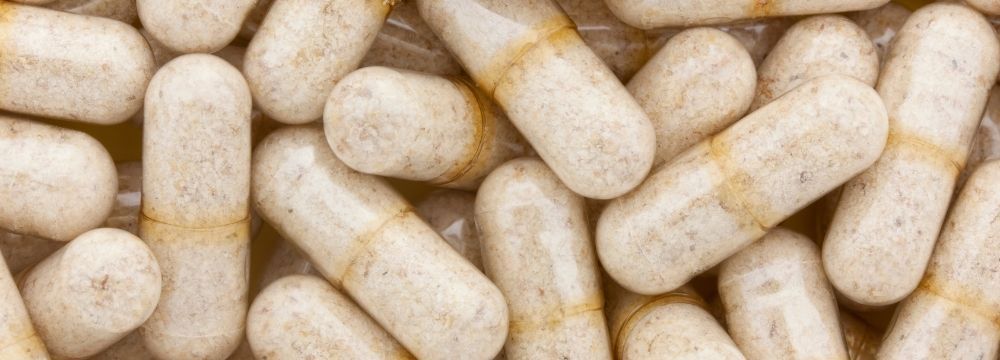Diet
As obesity becomes an ever-greater part of the national discourse, we have learned that several issues can potentially contribute to the inability to lose weight. One of these is gut health. Years ago, we didn’t understand why, for example, the gastric bypass was so effective at putting diabetes into remission within days or weeks after surgery. We later concluded that the gastric bypass’s effect on the microbiome resets or rebalances hormonal markers, improving insulin resistance and other significant metabolic issues. We later discovered that many intestinal problems like Crohn’s disease and irritable bowel syndrome are partly caused or worsened by poor gut health.
Of course, gastric bypass is not for everyone, and many patients wonder what they can do to improve their gut health without going under the knife. One of the most touted options for gut health involves probiotics. These are foods and drinks containing potentially billions of beneficial bacteria that claim to improve gut balance. While there is no doubt that probiotics are essential to our digestive system, do supplement probiotics make a difference?
The Importance of Maintaining Proper Gut Health
Those who can maintain a proper diet and exercise regularly often have no issue with gut health. However, the consequences can be uncomfortable or even debilitating for those with bacterial imbalances in the microbiome.
Over years and even decades, we can lose some of that optimal gut function. There are a few reasons for this.
First, antibiotics have often been prescribed for viral concerns. This is a problem because broad-spectrum antibiotics kill many different bacteria, including beneficial ones. These beneficial bacteria keep our guts in balance and ultimately ward off many of the metabolic concerns that the modern American suffers from.
Second, the highly processed, high sugar, high sodium foods that we often eat at restaurants or buy at supermarkets throw our gut balance off dramatically and reduce diversity in the intestines. These highly processed foods are usually not counteracted with fresh whole fruits and vegetables, worsening the microbiome.
Last but not least, the microbiome can be affected by inflammation in the body. This can be caused by poor sleep, stress, and a sedentary lifestyle.
The Case for Probiotic Supplements
Packed with beneficial strains of bacteria, probiotics, in theory, can rebalance the gut by introducing good bacteria and allowing them to proliferate. Eventually, good bacteria regenerate the prior loss of bacteria.
While probiotics explicitly marketed as a supplement are exceptionally expensive, it’s important to remember that something like yogurt is a probiotic too. Depending on the type, it has plenty of beneficial bacteria, doesn’t cost a lot, is delicious, and is ultimately very versatile. Just remember to choose yogurts with active cultures that are not sweetened and have reduced fat. If you opt for full-fat yogurt, be sure to moderate your consumption.
Probiotics Drawbacks and Considerations
First, probiotics are expensive. It’s not uncommon to see high-end probiotics in the supermarket at eye-watering prices.
Probiotics do not have a proven track record. We don’t know if probiotics do much in and of themselves to improve gut health. While the theory is there, we haven’t been able to measure it in practice.
Gut bacteria are a delicate balance, and it is almost impossible for a lab formulation to mimic that accurately. Further, each of our guts is different, and one size may not fit all.
Even if probiotics do work, they will be rendered useless if we don’t also change our dietary habits and avoid the use of antibiotics unless necessary.
Ultimately, much is left to discuss and research regarding probiotics and gut health. If cost is not a consideration for you, and you are implementing other common sense lifestyle improvements, including a better diet and more exercise, then probiotics may be a helpful supplement. They certainly won’t hurt if taken appropriately and not in excess. For the rest of us, taking a probiotic is secondary to lifestyle change.
We invite you to weigh in with your thoughts about probiotics.








